Vorotyntseva I.V., Primary School Teacher
Socialization of Children and Adolescents.
Preservation of Folk Traditions
Socialization is generally understood as the process and result of educating and nurturing a person in the context of historically developed norms, values, and relationships. The process of socialization includes the cultivation of active social responsibility, an awareness of one's duty to society, and an understanding of the need to follow social norms, which ultimately ensures normative behavior and a high level of social maturity. The highest level of personal socialization is self-affirmation, the realization of inner potential and well-being.
The Concept of the Federal State Educational Standard (FSES) of the second generation states that "Russia, having declared the goal of building a democratic society functioning in a modern market economy, places high demands on the younger generation. A young citizen must develop the ability to choose ideological orientations, stable criteria for evaluating actions, and the ability to foresee life prospects."
Thus, the mission of educational institutions becomes the upbringing of a person "capable of living life to the fullest, making the most of their potential, and fulfilling themselves through socially meaningful activities."
Successful socialization of children and adolescents can only occur on their native soil, within their own society, among their own people. Since ancient times, the core values have been, and still remain: health (physical, moral, psychological), love for the homeland, one's people and land, trust in others, respect for elders, justice, compassion, respect for labor, a thirst for knowledge, and the pursuit of truth.
A child who absorbs all this should find their place in society, become involved in work, and express their individuality. And if they understand that these truths have been tested by centuries, they will be able to succeed in society.
Based on these principles, we developed our program, which was a natural fit for our cadet school.
Our school camp program, Bogatyrskaya Zastava (Warrior’s Outpost), is called Along the Path of History and includes work in five areas of personal development (in accordance with the implementation of FSES):
-
Spiritual and Moral Development – “Worthy Sons of the Fatherland”
(Aimed at creating conditions for respectful attitudes towards ancestors, elders, national traditions and culture, and the history of one's homeland.) -
Sports and Wellness – “All Victories Begin with Victory Over Yourself”
(Aimed at fostering a valuable attitude toward health and a healthy lifestyle, and organizing physically active recreation.) -
Social Development – “Foundations of Morality and Spirituality”
(Aimed at nurturing diligence, a creative attitude toward learning, work, and life; fostering team spirit, a sense of collectivism, and legal awareness.) -
General Cultural Development – “We Discover Ourselves and Each Other”
(Aimed at fostering an appreciation of beauty and forming ideas about aesthetic ideals and values.) -
General Intellectual Development – “Create, Dare, and Grow”
(Aimed at creating conditions for the intellectual development of children.)
The camp session takes the form of a plot-based role-playing journey called Along the Path of History, during which the children travel and discover the “Priceless Treasures of Rus’” — moral values.
Role-playing as a form of life activity offers great opportunities for shaping a child's positive personality traits:
-
creative exploration;
-
non-standard problem-solving;
-
strong, united team relationships;
-
active participation in the game;
-
responsible actions and decisions, and more.
Throughout the game, both participants and organizers live according to the traditions of Russian literary characters and act according to their roles.
Through various games, the child chooses characters that are closest to them, that reflect their moral values and ethical beliefs. In this way, the game becomes a factor in the child’s social development.
At the beginning of the session, the children are introduced to the game’s storyline. At the small outpost live fair maidens and brave lads, warriors and adventurers, who are tasked not only with guarding their outpost but also with overcoming various challenges. To become the best squad in the camp, they must win all challenges, overcome all obstacles, and find all the treasures (using a camp map that the teams will assemble on the second day of the session).
The residents of the outpost try to find the Epic Path, and along it, the Ring of Ancestral Memory; they live vivid and unforgettable lives on the Festive Square and discover the Ring of Craftsmanship there; they venture far away to Kudykina Mountain for the Ring of Wisdom; together with characters from Russian fairy tales, they spend the day of Fairy Tale Fun, prove that Good always triumphs over Evil, and find the Ring of Kindness; they train their bodies and strengthen their spirits on the Wild Field, where they find the Ring of Health.
Thus, on the Wild Field, the fair maidens and brave lads assemble all five rings and determine the winning team.
Throughout the entire session, each team keeps its own chronicle, where they record, draw, and paste everything most interesting that happens during the challenges. The team’s progress is marked daily with colored flags on the camp map.
All activities in the day camp *Bogatyrskaya Zastava
Part 2. Topic 5. Algorithm for Writing Redox Reaction Equations
Fostering Socialization and Preserving National Traditions Through Cultural Play in Primary Education
The Cossack and the Easter Bread
"Pedagogical Living Room Sessions: Community Circles of Educators 'Learning Together'"

 Deutsch
Deutsch
 Francais
Francais
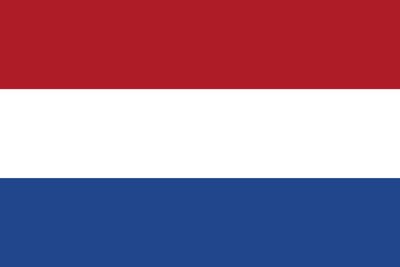 Nederlands
Nederlands
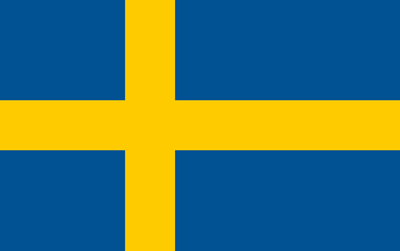 Svenska
Svenska
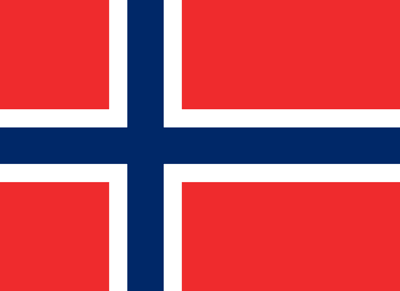 Norsk
Norsk
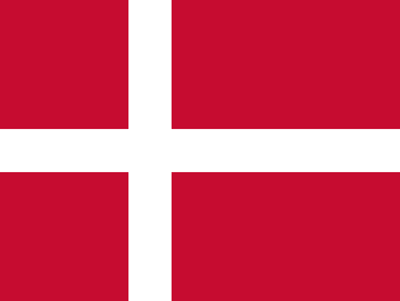 Dansk
Dansk
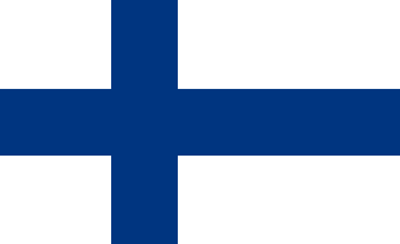 Suomi
Suomi
 Espanol
Espanol
 Italiano
Italiano
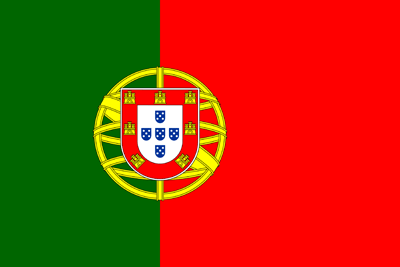 Portugues
Portugues
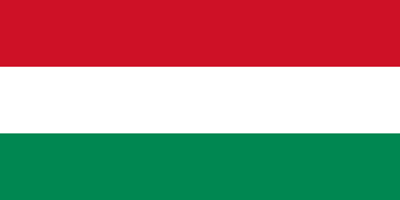 Magyar
Magyar
 Polski
Polski
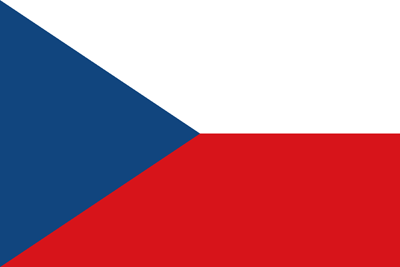 Cestina
Cestina
 Русский
Русский